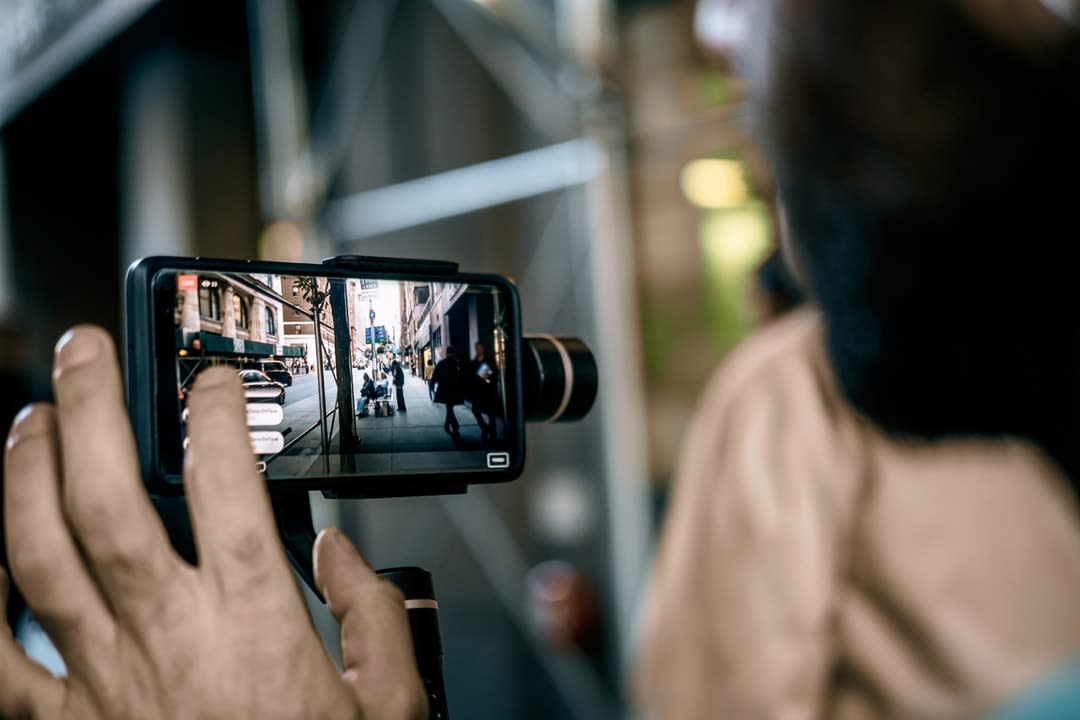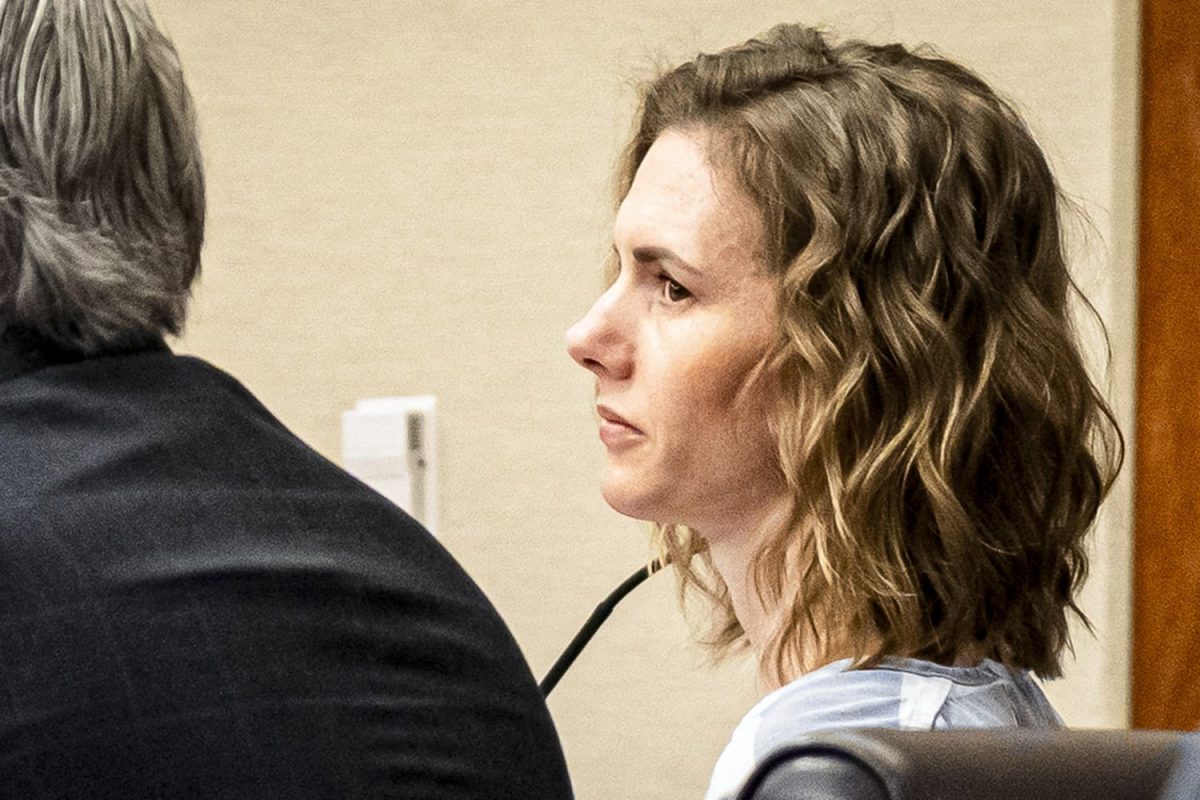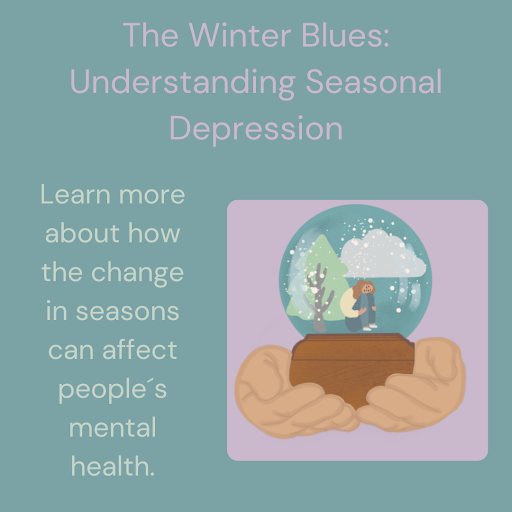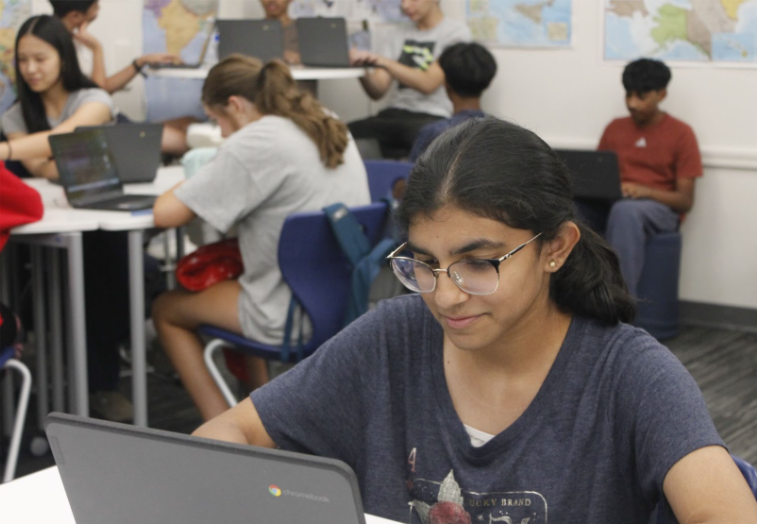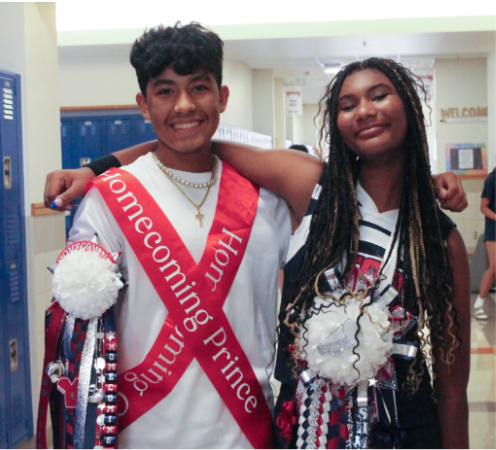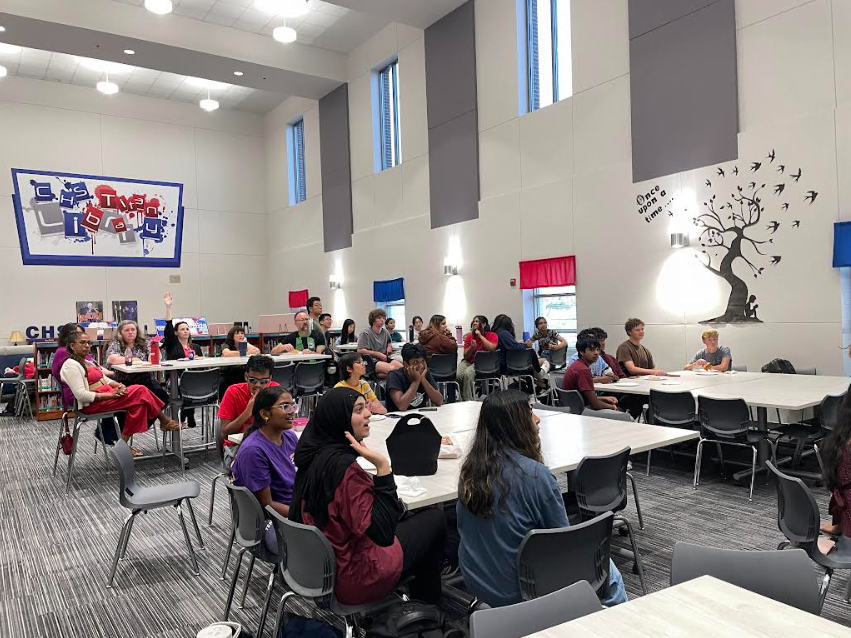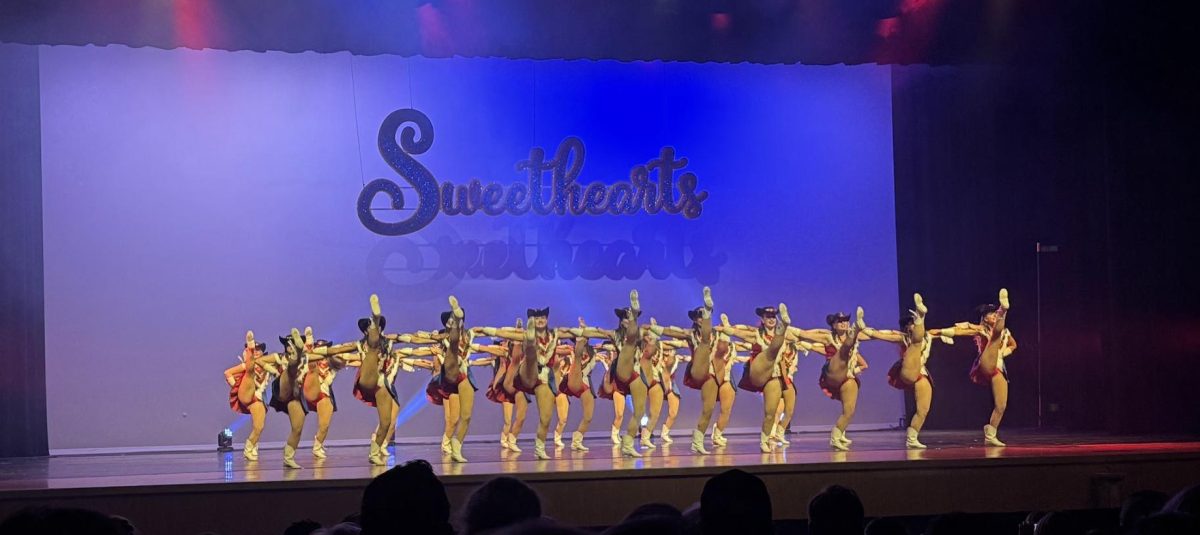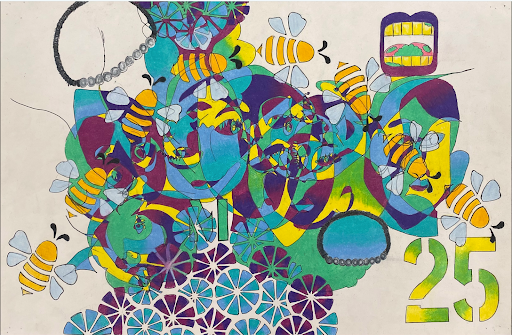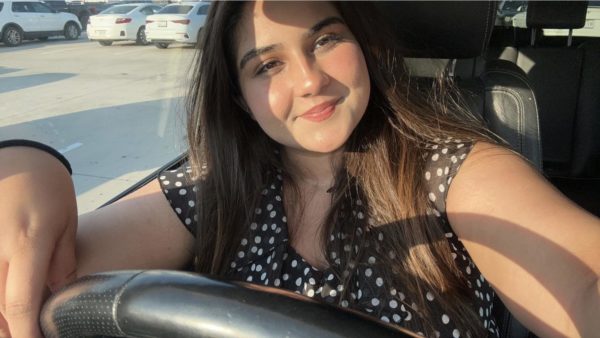It’s officially February, which means Valentine’s Day is approaching. Valentine’s Day for most people is a cozy day filled with love, romance, and memorable moments with a significant other. The month of February is when the world paints itself in shades of pink and red and the love songs play on repeat in the grocery stores. But for those who don’t find the thrill in Valentine’s Day or don’t have someone to celebrate with, or if you just happen to be in one of those ambiguous friend-to-lovers situations, Valentine’s Day is just another day.
While the air is filled with anticipation and excitement for some, it may evoke a feeling of solitude or distaste toward romance for others. Throughout all the Valentine’s Day extravagances it’s easy to overlook the significance of a platonic relationship. Friendships are the foundation of all meaningful relationships. They offer companionship, support, and help that are often undervalued in a world that glorifies romantic relationships. While relationships can offer these qualities, platonic relationships offer the benefits without the label of being in a relationship.
Among the surplus of heart-shaped chocolates and overpriced roses, there’s another story worth exploring – the complexities of a friendship evolving into something more. For those who are navigating the delicate balance between friendship and romance, Valentine’s Day can be a reminder of the tangled emotions and unspoken desires that come with such connections.
It’s evident that the journey from friends to lovers comes with its fair share of challenges. While the allure of a romantic relationship may initially spark excitement the transition from friends to lovers is usually handled with caution and hesitation. Below, we’ll explore some of the primary reasons why this transition can be challenging:
- Fear of Ruining the Good: One of the primary reasons that people are hesitant to even consider a romantic relationship with a friend is because they fear losing the friendship altogether. Consider this scenario: you’ve created an unbreakable bond with a close friend, shared secrets, and countless long conversations. But then you catch feelings and your mind can’t help but wonder – “Is it worth risking an unbreakable friendship for a shot at something more?”
- Liking Someone You Share Friends With: Navigating the balance between maintaining the friendship dynamics and exploring the potential for something more is challenging. The fear of judgment and gossip from mutual friends can discourage individuals from expressing their true feelings in fear of upsetting the status quo. It’s a common occurrence for individuals to seek their friends’ approval when choosing a partner, and this dynamic becomes particularly complicated when you share a friend circle. The thought of being the topic of a whispered conversations or feeling like the odd one out is a daunting scenario.
- Dynamic Switch: In a relationship, you might feel more obligated to be around the person 24/7. We can all agree that if we desire alone time it’s easier to communicate that with our friends rather than a partner. This is because expressing those feelings can unintentionally hurt their feelings. This can also cause some tension between the couple, making future interactions awkward.
- Shared Histories: Friends share everything, that’s the unspoken rule. But what the romantic tales fail to emphasize is that, before there were feelings, there were shared secrets, crushes, and even moments of heartbreak. Knowing each other’s unfiltered selves is a cornerstone of a strong relationship, fostering deep understanding. However, this familiarity can also resurface unresolved issues or emotions that went unsaid at the time.
Now that we’ve discussed a few challenges of a friends-to-lovers relationship, let’s explore what truly makes a friends-to-lovers relationship different from others.
- Foundation of Trust and Understanding: A friends-to-lovers relationship is unlike relationships that begin with romantic intentions, these connections are built on a genuine friendship where individuals have already established a deep level of trust.
- Shared Memories, Experiences, and Challenges: Friends to lovers share a history of memories and inside jokes, which strengthens their bond. These relationships often stem from supportive friendships where individuals have been there for each other through thick and thin. Couples who transition from friends to lovers have already been through a lot together as friends, which can prepare them for navigating challenges as romantic partners.
- Embracing Authenticity: Friends to lovers are usually familiar with each other’s flaws and imperfections. Unlike the honeymoon phase of most new relationships where partners may still be discovering each other’s true selves, friends have already accepted each other for who they are.
In the past, Valentine’s Day has often been portrayed as a celebration exclusively for couples, leaving single individuals feeling disheartened by the holiday’s emphasis on romantic love. Many single people have disregarded Valentine’s Day altogether, viewing it as a superficial occasion that holds little relevance to their lives. Single folks choosing not to celebrate Valentine’s Day is understandable as it is a constant reminder of societal expectations. However, in 2024, there’s a growing recognition that Valentine’s Day should be about more than just romantic love.
Valentine’s Day is a day to share love in all its forms. Whether it’s romantic, platonic, or self-love, this day each connection is worth celebrating. While the journey from friends to lovers may be filled with complexities and challenges, it’s a different journey for everyone and it’s important to remember that love transcends labels.





